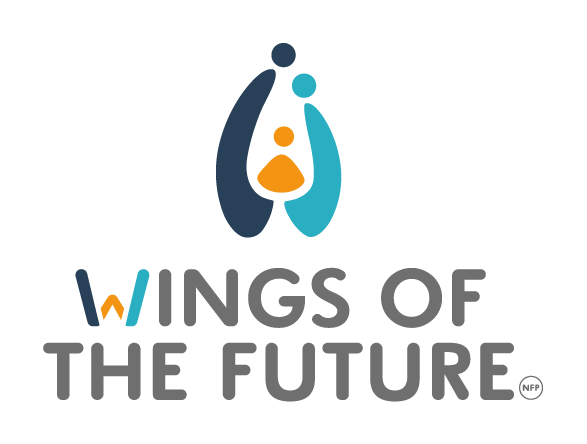Healing Rejection Trauma from Your Mother or Father with Self-Compassion and Self-Empathy
Introduction:
Rejection from a parent can be one of the most profound emotional wounds one can endure. Whether it comes from your mother or father, the pain of feeling unloved or unwanted can have lasting effects on your self-esteem, relationships, and overall well-being. However, there is hope for healing, and it begins with the powerful practices of self-compassion and self-empathy. In this blog, we will explore how these transformative tools can help you overcome rejection trauma and pave the way for a healthier, more self-loving life.
Understanding Rejection Trauma:
Rejection trauma stems from the emotional pain caused by feeling rejected, neglected, or unloved by a parent. This experience can create deep-seated beliefs of unworthiness and a constant search for external validation. The effects of rejection trauma can manifest in various ways, such as anxiety, depression, low self-esteem, and difficulties in forming healthy relationships.
Self-Compassion: Your First Step Towards Healing
Self-compassion is the practice of treating yourself with the same kindness and understanding you would offer to a friend in times of suffering or struggle. When dealing with rejection trauma, self-compassion is the first and most crucial step toward healing. Here’s how to get started:
Self-Awareness: Recognize the impact of rejection trauma in your life. Understand that your feelings and experiences are valid.
Self-Love: Prioritize your own well-being and happiness. Engage in self-care activities that bring you joy and relaxation.
Self-Kindness: Cultivate a compassionate inner dialogue. When negative thoughts or self-criticism arise, replace them with gentle and nurturing self-talk.
Self-Empathy: Connecting with Your Inner Child
Self-empathy is the process of connecting with your inner child—the part of you that experienced rejection trauma—and offering comfort and understanding. Here’s how to practice self-empathy:
Inner Child Visualization: Find a quiet space and close your eyes. Imagine your younger self, the one who endured the rejection. Picture them feeling hurt or unloved. Hold that image in your mind. Speak to them very findly about the trauma they suffered from their parents. Tell them they can take as long as they need to heal this trauma.
Comfort Your Inner Child: Speak to your inner child with tenderness and compassion. Let them know that you are here for them now, that you love and accept them just as they are.
Reassure Your Inner Child: Explain to your inner child that the rejection was not their fault. Promise them that you are committed to healing and providing the love and support they needed and deserved.
Forgiving and Releasing the Past:
Forgiveness is a powerful step in healing rejection trauma. It’s about releasing the emotional burden that keeps you stuck in the past.
Self-Forgiveness: Forgive yourself for any perceived mistakes or shortcomings related to the rejection. Understand that you did the best you could at the time.
Forgiving Your Parent: Forgiving the parent who caused your trauma can be challenging, but it’s liberating. Remember that forgiveness is about setting yourself free, not excusing their actions.
Seeking Professional Help:
Healing from rejection trauma may require professional help, especially if the wounds run deep. Therapists, counselors, trauma coaches and support groups can provide valuable guidance and a safe space to work through your trauma.
Conclusion:
Healing from rejection trauma inflicted by your mother or father is a courageous journey of self-discovery and self-empowerment. By practicing self-compassion, connecting with your inner child through self-empathy, and embracing forgiveness, you can begin to release the grip of rejection trauma and embark on a path toward a healthier, more fulfilling life. Remember, you are deserving of love and happiness, and healing is possible. The path to healing is within reach, and you have the strength to overcome.
Krystal’s journey with empathy compelled her to write her book, ‘Deep Inner Soul Healing With Self-Empathy.’ Use this link to purchase a copy on Amazon: https://a.co/d/ibyzsYc
Krystal Boothe, LCSW -AUTHOR
CEO and Executive Director











